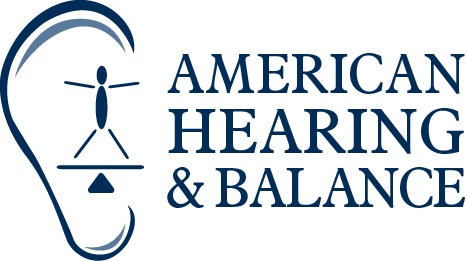Helping Santa Monica Find the Best Hearing Aids
The latest hearing aids offer unprecedented clarity of sound, comfort, and functionality. Selecting the best hearing aids for you, depends on finding one that can address your level and type of hearing loss. Schedule an appointment and we’ll be happy to walk you through the best options for you.
Types of Hearing Aids
Hearing aids are generally divided into five or so different categories.
1
Completely-in-the-Canal Hearing Aids
Some of the smallest hearing aids available, completely-in-the-canal (or CiC) models of hearing aids are designed to sit entirely within your ear canal. This means that there will be no portion of the hearing aid that sticks out.
2
In-the-Canal Hearing Aids
In-the-canal (ITC) hearing aids are designed to sit just on the edge of the ear canal. Part of the housing will be outside the ear canal and generally visible, whereas the speaker assembly will usually be hidden within the ear.
3
In-the-Ear Hearing Aids
Hearing aid types known as “in the ear” (ITE) models will generally fill the bowl-shaped outer area of your ear. Sometimes, if you want a less-obvious device, the hearing aid can be designed to sit in the bottom of the bowl-shaped area. These models are known either as “full shell” or “part shell,” respectively.
4
Behind-the-Ear and Receiver-in-the-Ear Hearing Aids
Both behind-the-ear and receiver-in-the-ear hearing aids are very similar. The bulk of the mechanical portion of the hearing aid, including the power supply, sits behind the ear. A tube or wire connects the behind-the-ear portion of the device to a speaker assembly that sits in the ear or in the canal.
5
Open-Fit Hearing Aids
Open-fit models of hearing aids are another variation on the BTE style of device. Like BTE aids, open-fit styles use a thin tube to connect a speaker to a larger assembly. But the focus for an open-fit version is on keeping the ear unobstructed and open, so the speaker assembly tends to be quite small.
The Best Hearing Aid For You
There is no universal “best” model of hearing aid, so you’ll always work with your hearing specialist to find the type of hearing aid best suited for you.

